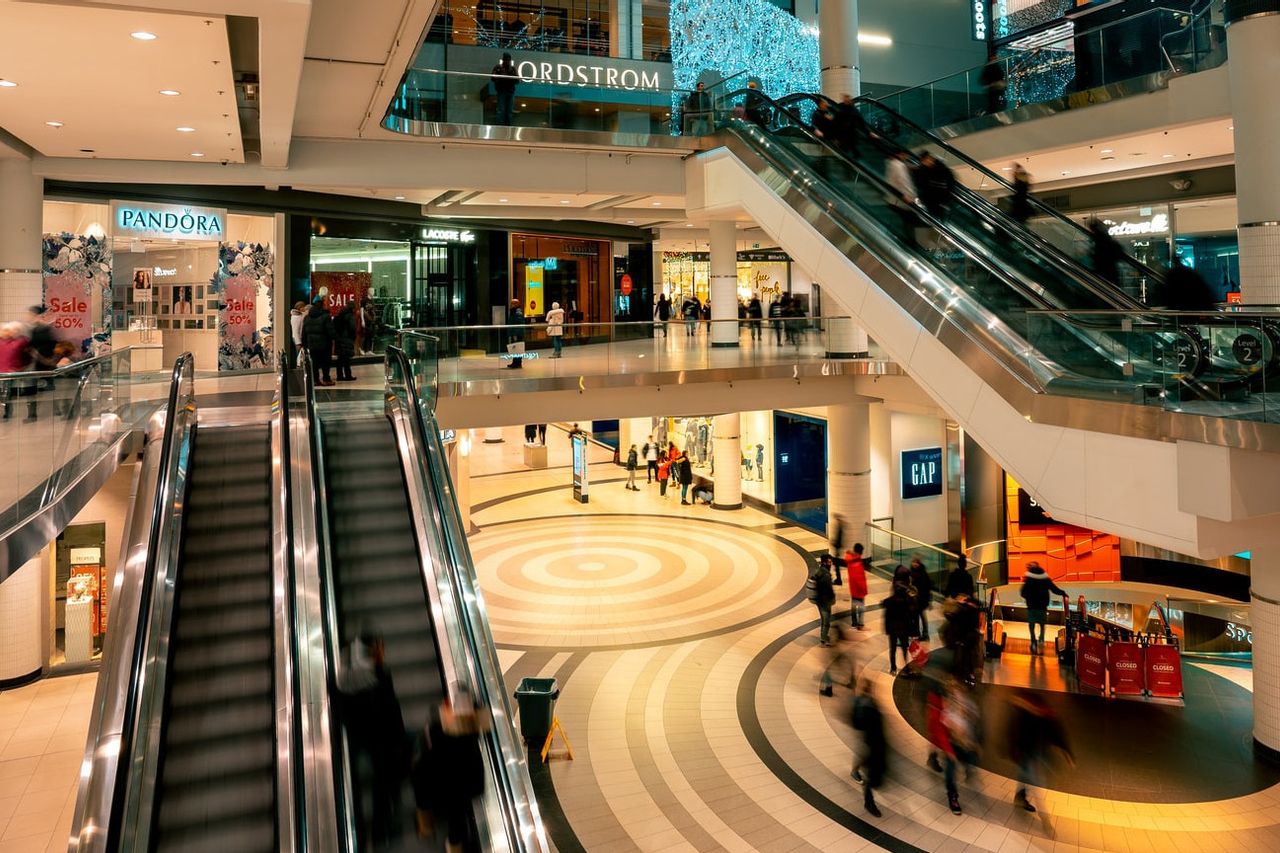Businessman Claims No COVID-19 Transmission In Shopping Centers: We Should Be Able To Operate Again

JAKARTA - Shopping center entrepreneurs who are members of the Indonesian Shopping Center Management Association (APPBI) have asked the government to give permission for shopping centers or malls to operate. Because, so far, shopping centers have consistently implemented health protocols and have proven not to be a cluster of the spread of COVID-19.
APPBI Chairperson Alphonzus Widjaja said that his party guaranteed that shopping centers or malls were not clusters of the spread of COVID-19. Because, he said, so far, shopping centers apply layered checks to every visitor.
"Because shopping centers have been proven to have the ability and have seriousness in implementing health protocols. This is what we have conveyed to the government. No one (exposed to COVID-19 in shopping centers)," he said in a virtual discussion, Tuesday, 27 July.
Alphonzus revealed the reason why shopping centers or malls were claimed not to be clusters of the spread of COVID-19. This is because the shopping center has a special standard operating procedure (SOP) for preventive action.
"So each shopping center will conduct periodic tests on its employees periodically, some once every two weeks, some once a month, depending on the level of risk," he said.
Alphonzus said, with this routine test on a regular basis it will be quickly known if someone is positive. Then, there are regulations that state that employees are not allowed to enter if they are sick.
"If you are sick, even though it is not a symptom of COVID-19, you can't even get sick. These are controls carried out by shopping centers, so that so far shopping centers do not become clusters," he said.
Not only that, said Alphonzus, checking the condition of employees periodically must also be carried out by retailers who rent in shopping centers. According to him, the action is not only corrective but preventive. For example, to carry out routine disinfection of all existing rooms and to be carried out consistently.
Furthermore, Alphonzus said, shopping centers also pay close attention to their employees who live in the red zone. Employees who are in the red zone are given special attention by giving vitamins and so on.
"It seems that what shopping centers have done is complete. Therefore, we always dare to state to the government that shopping centers will continue to operate. Of course, by implementing the health protocol," he said.
Shopping mall closures have a big impactAccording to Alphonzus, the revenue from shopping centers that have the potential to be lost is IDR 5 trillion for one month. This loss stems from the loss of rent and service charges. If PPKM continues, the losses will be even greater.
"So one month is IDR 5 trillion from 350 shopping centers in Indonesia. So if shopping centers are closed for two months, it means that the potential loss of IDR 10 trillion is potential income," he said.
Meanwhile, said Alphonzus, the losses suffered by retail tenants in shopping centers were much greater. Because, zero revenue because shopping centers are not allowed to operate.
"Actually, what is much bigger, of course, is sales that occur in shopping centers. So if we talk about sales revenue, of course, the value is even greater. As long as it is closed there are no sales, so if that happens, the problem is the sales will be zero," he said. .
Not only that, said Alphonzus, the closure of shopping centers also has an impact on micro and small businesses around shopping centers whose income comes from shopping center workers.
"So these micro and small business sectors are boarding houses, stalls, then motorcycle taxis that take employees, then parking for example illegal parking and so on. Their business practically stops when the shopping center closes," he said.
Therefore, said Alphonzus, the government should pay attention to permitting shopping centers or malls to resume operations. Moreover, all this time shopping centers have implemented the COVID-19 health protocol very strictly and with discipline.
"Shopping centers are relatively capable of maintaining that. Because in shopping centers there are two layers of health protocols. Health protocols imposed by shopping centers and managers, as well as health protocols carried out by shops," he said.
